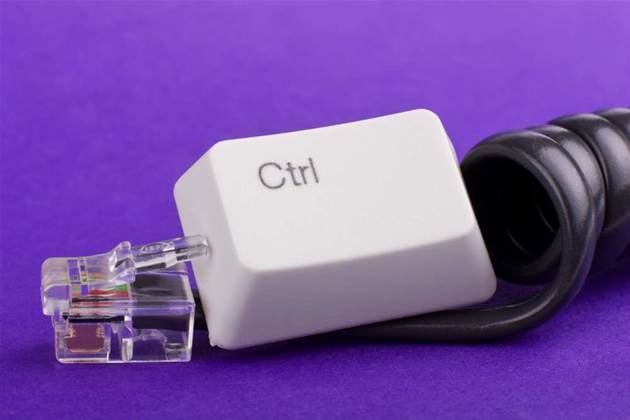The Government plans to introduce controversial internet filtering legislation later this year, heightening suspicions it won't happen before the next election.

The Australian reported earlier today that a spokeswoman for Communications Minister Stephen Conroy had said the legislation "would not be introduced [in] next month's or the June sittings of parliament."
A spokeswoman for Conroy confirmed with iTnews that introduction of the legislation is "unlikely during the May sitting" - being that it is Federal Budget week.
The June sitting doesn't look good either, with the spokesperson instead pointing to an undefined time "later in the year."
But Conroy's office insists it is still "committed to the Cyber Safety policy, which includes ISP-level filtering of Refused Classification content.
"A public consultation on improved transparency measures has been held and the Department is now working with other Government agencies to consider the submissions and examine whether the ideas can be used to enhance the proposed accountability and transparency measures," the spokesperson said.
"The Department is also continuing to consult ISPs on the implementation of ISP-level filtering. Once these processes are complete the legislation will be introduced into Parliament."
The bottleneck
Speculation has been rife in recent weeks over which of the Federal Government's planned legislative changes would be introduced to Parliament and which would be delayed until after the next election.
One of the most high-profile cases of such delays is the emissions trading scheme.
The internet filter legislation has emerged as another candidate thanks to its vehement opposition by sectors of the industry and wider community.
Filter debate at USyd
A number of interested parties attended a discussion forum on the proposed internet filtering scheme at Sydney University last night.
Google Australia used its appearance to call for more education on Internet safety and wider promotion of currently available filtering tools as an alternative to a mandatory internet filter.
Google's head of policy Iarla Flynn said the industry already has effective filtering tools for the protection of children.
"There are already parental filters available on computers, a safety mode on YouTube and safe search on Google," he told iTnews.
"Education can and should be delivered through schools; it is the most effective way of protecting children online."
Sydney University Associate Professor Bjorn Landfelt, who co-authored the Feasibility Study on ISP-Level Content Filtering for the Internet Industry Association, said that Australians want to filter themselves, not have the government mandate it.
"We already filter spam at work and access at home for the kids, that is our choice," he said.
He pointed out that some ISPs already offer opt-in filtering for their customers.
"When it comes to mandating opt-in filtering, it is a completely different issue."
But if the Government filtering scheme goes ahead, Flynn said Google would have no choice but to adhere to the censorship laws, as it previously did in China.
"We will abide by the laws of the country we operate in," Flynn said.



_(23).jpg&h=140&w=231&c=1&s=0)

_(20).jpg&h=140&w=231&c=1&s=0)



_(26).jpg&w=100&c=1&s=0)

 iTnews Executive Retreat - Security Leaders Edition
iTnews Executive Retreat - Security Leaders Edition












_(1).jpg&h=140&w=231&c=1&s=0)



